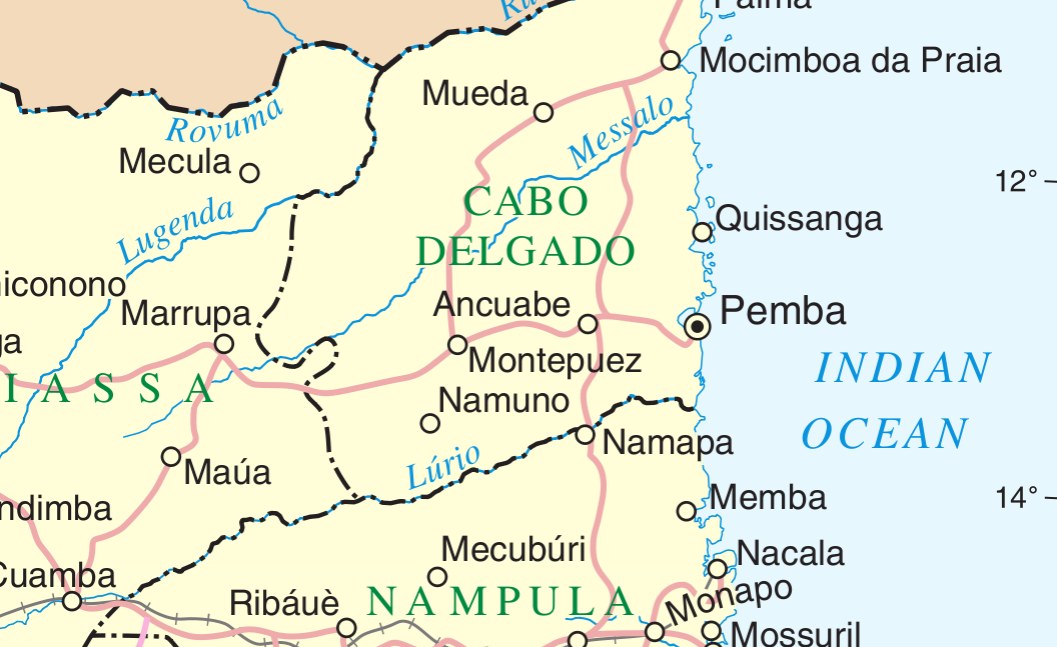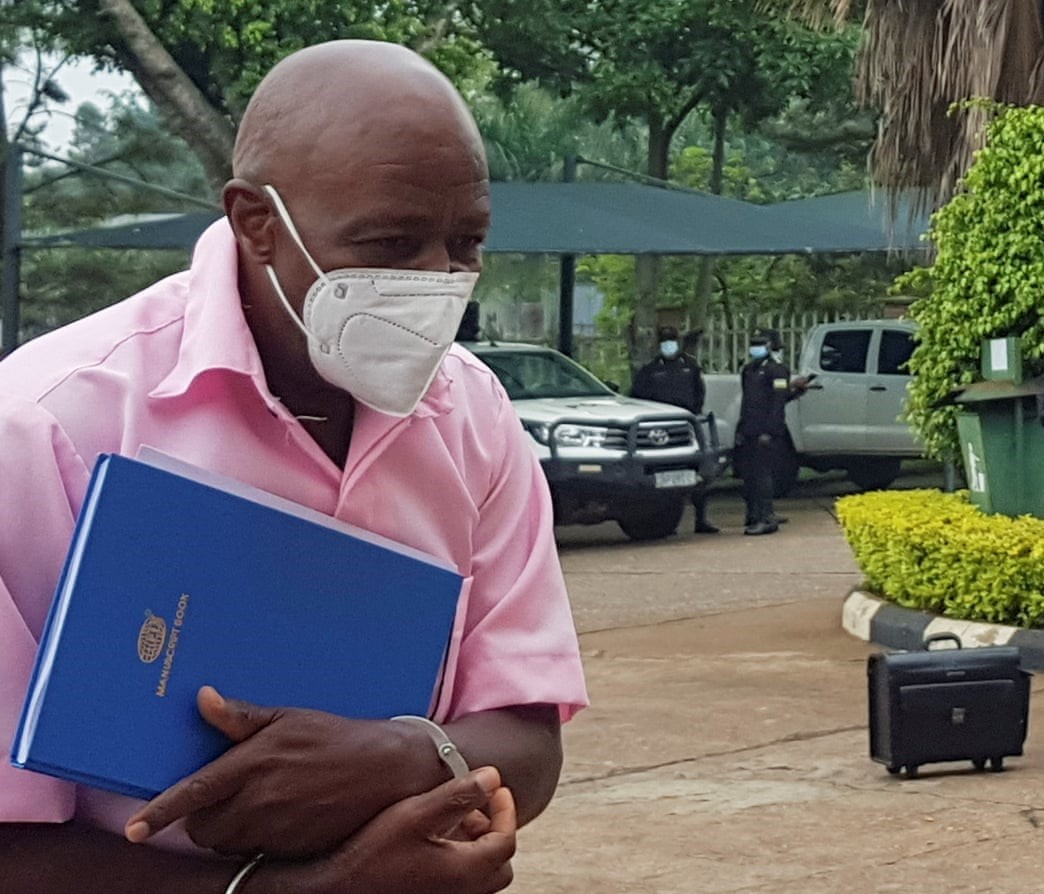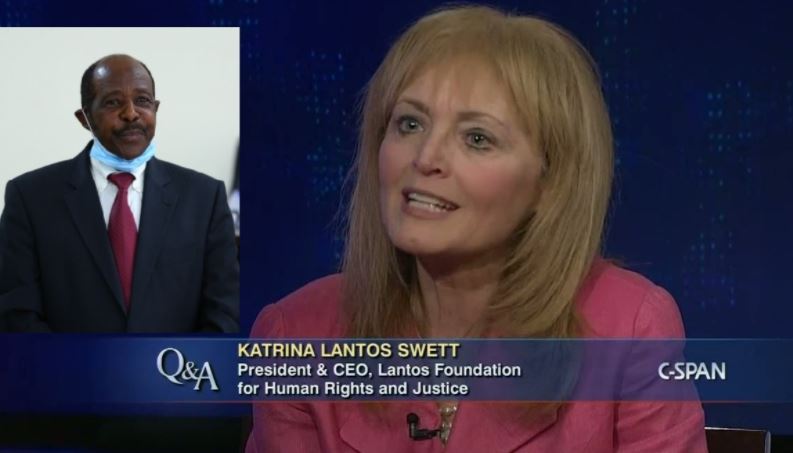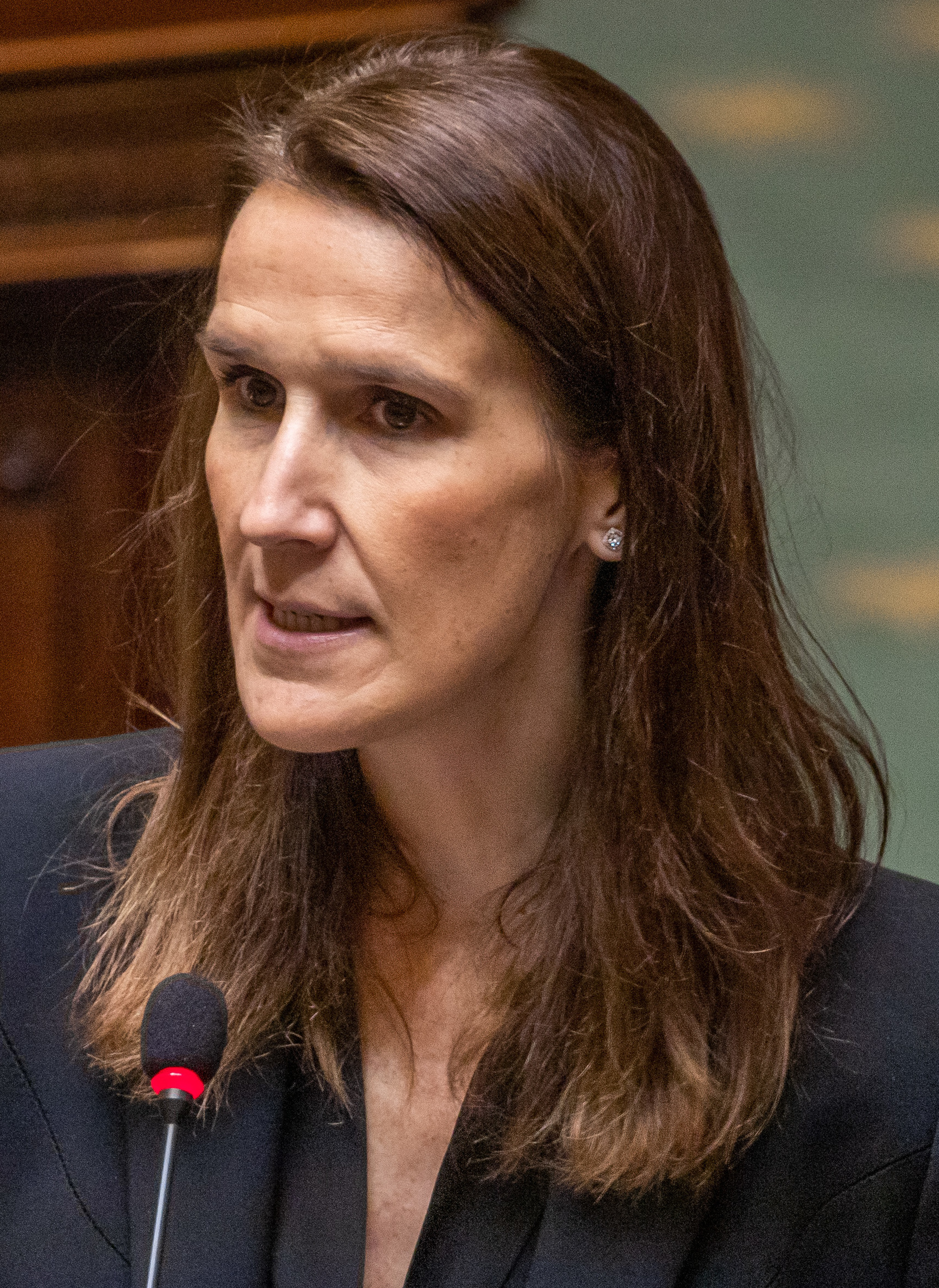International
Rwanda is in Mozambique for a noble cause

On
July 9, Rwanda, at the request of Mozambique, started deploying a 1,000-person
contingent of its military and Police to Mozambique’s northernmost Province,
Cabo Delgado, which was seriously affected by terrorism and insecurity.
Despite
unrelenting and diversionary speculation from sections of Western media keen on
spreading stories that Rwanda’s deployment was linked to French interests,
Kigali’s motivation is noble, and clear.
Rwanda’s
deployment, Amb. Moussa Faki Mahamat, Chairperson of the African Union
Commission (AUC), pointed out, was “a strong and concrete act of African
solidarity to support a fellow member state fight terrorism and insecurity.”
And it was grounded in the country’s commitment to the Responsibility to
Protect (R2P) doctrine and the 2015 Kigali Principles on the Protection of
Civilians.
Rwandan
troops were sent to work closely with the Mozambique Armed Defence Forces
(FADM) – and forces from the Southern African Development Community (SADC) in
designated sectors of responsibility – to support efforts to restore Mozambican
state authority by conducting combat and security operations, as well as
stabilisation and security-sector reform. The SADC mission in Mozambique was
due to end on October 15, but presidents Cyril Ramaphosa of South Africa,
Filipe Nyusi of Mozambique, Mokgweetsi Masisi of Botswana and Hage Geingob of
Namibia met in Pretoria on October 5, assessed progress and decided to extend
its deployment beyond the initial three months. They did not put a new time
limit on the mission.
Rwanda’s
deployment, which took many outsiders by surprise, was based on the good
bilateral relations between the two countries following the signing of related
agreements in 2018.
The
insurgency which was concentrated in Cabo Delgado, often referred to as the
forgotten Cabo, the place where the Frente de Liberação Moçambique – Mozambique
Liberation Front – (FRELIMO) mounted its struggle against Portuguese
colonialism in the 1960s, claimed thousands of lives since 2017.
Beginning
in October 2017, armed extremists linked to the Islamic State of Iraq and the
Levant (ISIL) launched an insurgency in Cabo Delgado. The militants launched
attacks, and in August 2020 seized the port town of Mocimboa da Praia. In March
2021, they seized Palma, murdering dozens of civilians displacing more than
35,000 of the coastal town's 75,000 residents.
Rwanda
acted as a friend indeed. Two months after Rwandan troops landed, jointly with
their Mozambican counterparts, they did not only frustrate the armed extremists’
plan to advance and capture the entire Province.
They
also pushed the insurgents back, recaptured territory after territory, killed
insurgents and rescued women and children who were forcefully taken as slaves.
Most
recently, Rwandan and Mozambican forces made good progress dislodging
insurgents in key areas of the Province, which led to increased security in the
region. People previously displaced by the insurgents have started returning to
their homes, especially in Palma and some other areas. Despite the obvious
challenges, there is hope. Rwanda's deployment is part of the principle of
solidarity for a noble and common cause.
It
is about saving human lives. Rwandan troops have prevented the decapitation of
people in Cabo Delgado, and the destruction of property and infrastructure. Also
important, the Rwandans actually cut the potential for the conflict to expand
into neighboring provinces, and even across borders, with disastrous
consequences.
Left
unsorted, the situation in Cabo Delgado could have easily taken root and
expanded to neighbouring countries. On September 25, while hosting his Rwandan
counterpart, President Filipe Nyusi observed that since the beginning of July,
Rwandan troops, “have been in the forests of Cabo Delgado, leaving no stone
unturned.”
President
Nyusi thanked President Paul Kagame for understanding his country’s predicament
and quickly helping push back the terrorists. “It is a gesture inherent to the
African and universal values that when the neighbours house is on fire, we must
rush to extinguish the fire before it spreads,” Nyusi said.
According
to Kagame, the spirit of solidarity and cooperation lives on, as African
countries, including Rwanda, join with Mozambique, to fight a new threat to the
security and stability of Cabo Delgado. Kagame said: “Nothing should stop us
from ensuring the stability, progress, and well-being of the people of Africa.”
In
their designated sectors of responsibility; in the districts of Palma, Mocimboa
da Praia, Mocamia, Mueda and Muidumbe, the Rwanda-Mozambique military offensive
was successful and the insurgents’ capabilities were much reduced.
The
joint forces on August 8 recaptured the port of Mocimboa da Praia — a hub the
insurgents had turned into their headquarters – and moved on to secure the
entire district as well as other key strongholds of the insurgents. Losing it
weakened them considerably.
The
fall of Mocimboa da Praia was a game changer because it was an insurgent
stronghold, and a port town where supplies passed. It helped the insurgents war
effort through illicit trade networks. But Rwanda will not recall its troops
prematurely. They will stay as long as Mozambique deems necessary.
During
and after its support efforts to restore Mozambican state authority, Rwandan
forces will help secure and rebuild areas of northern Mozambique destroyed by
the Islamist insurgency. “The mission of Rwandan troops in Mozambique
continues,” Kagame said.
“The new action should be to guarantee
security in the liberated areas until the reconstruction is finished.” In the
spirit of African solidarity and South-South cooperation, the government Rwanda
will continue to collaborate with the government of Mozambique and other
partners in the next phases of stabilisation and development.
Those
questioning what Rwanda stands to gain from the Mozambique deployment also
deliberately miss the big picture, and the fact that “terrorism is real and it
is a global scourge that must be fought wherever it is,” as noted by Nyusi. Should
Rwanda gain from Cabo Delgado’s peace dividend, why would anyone complain?






